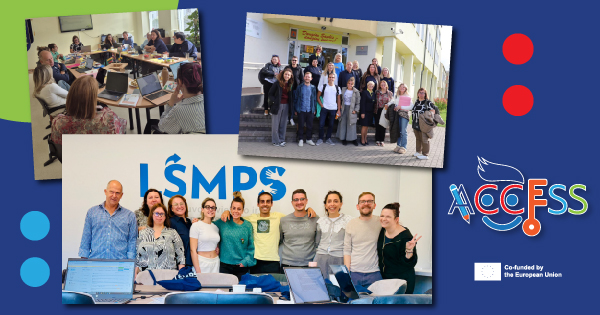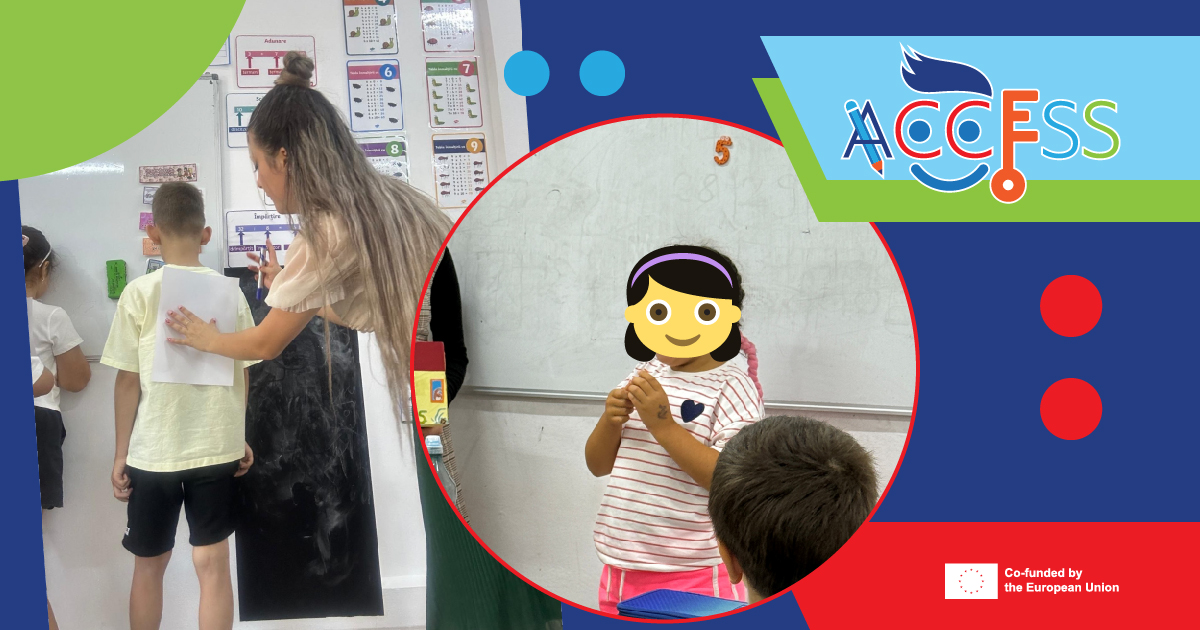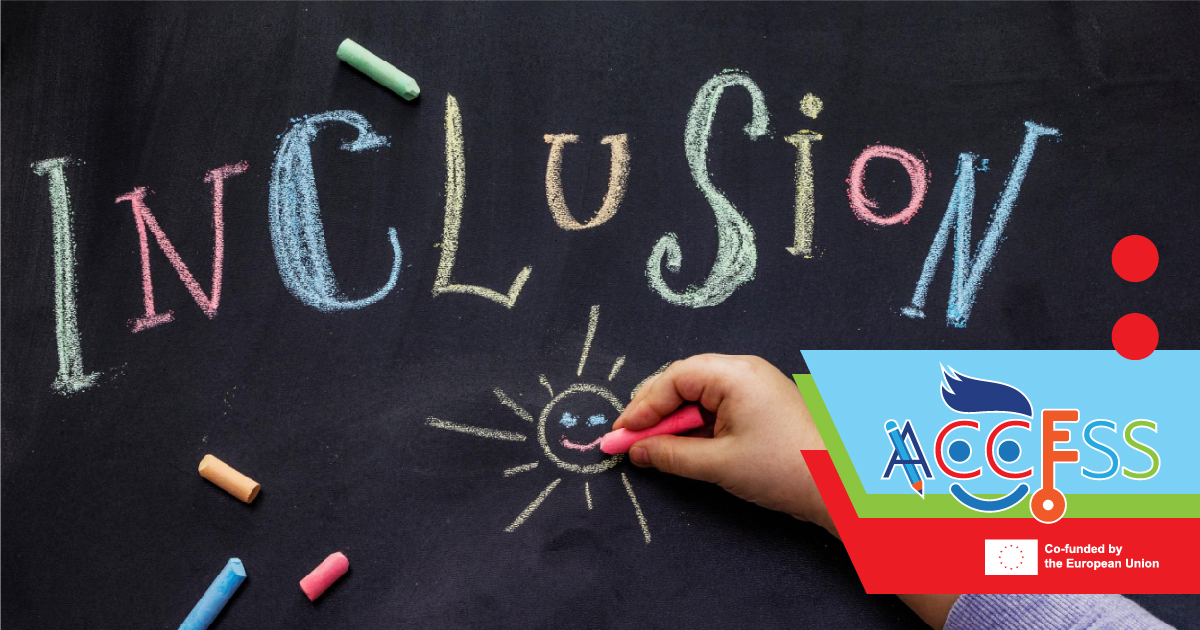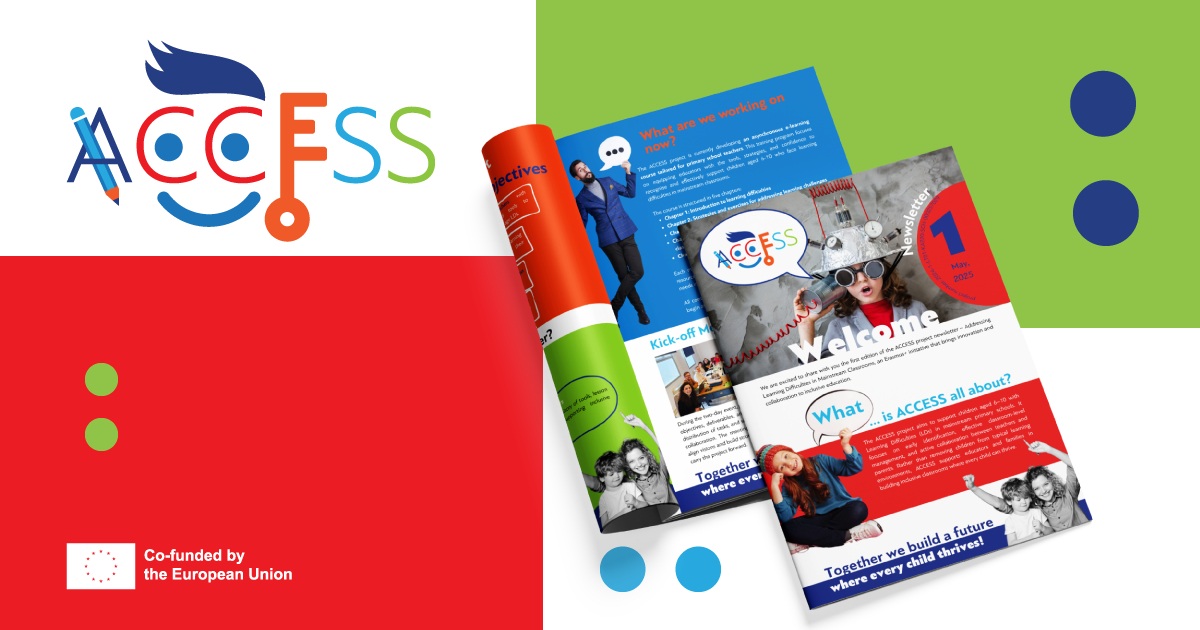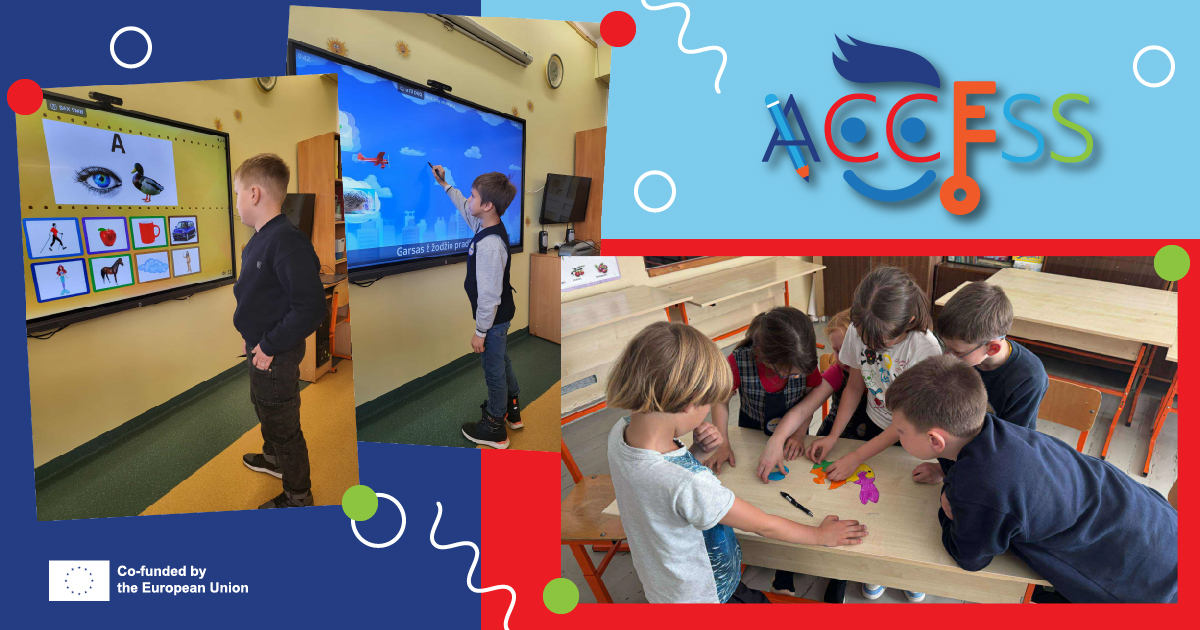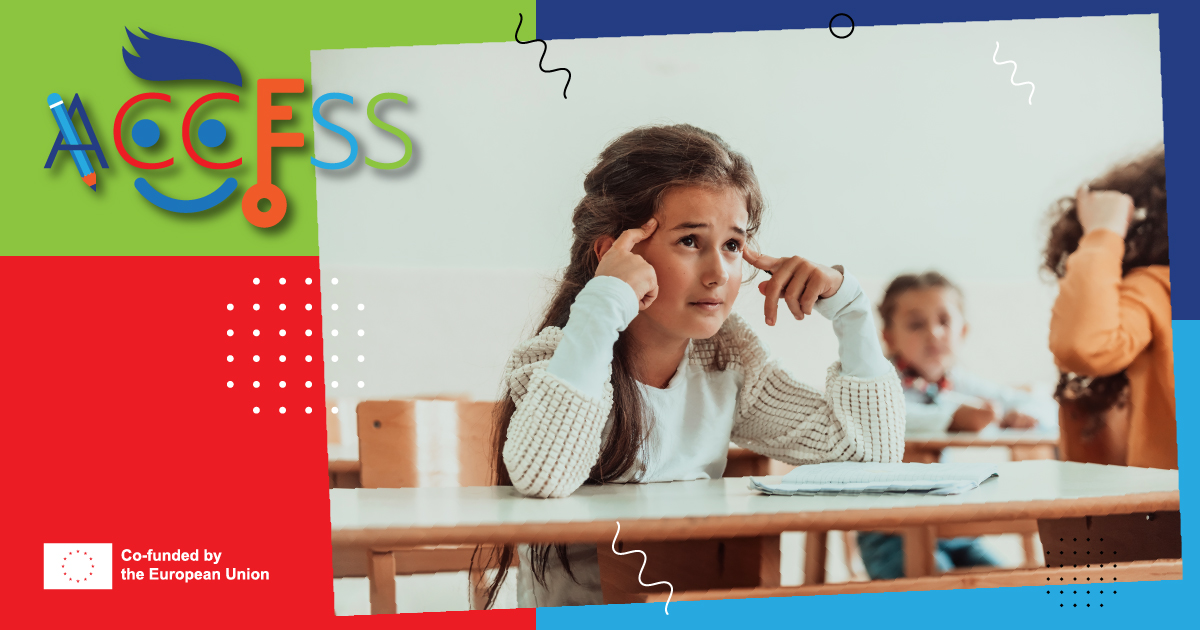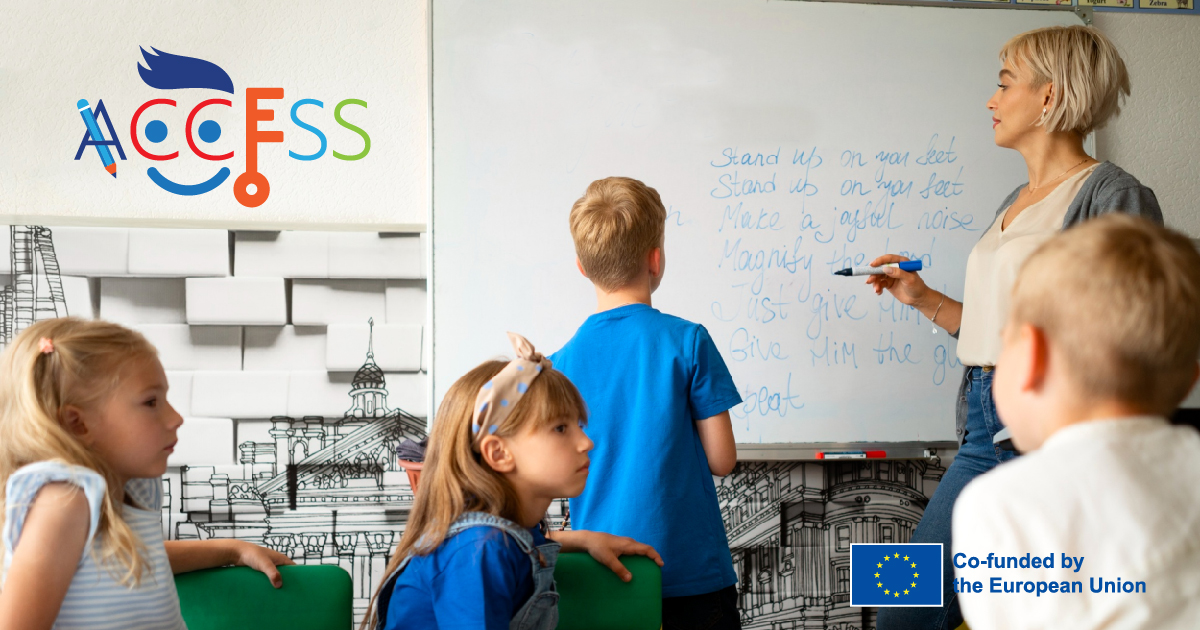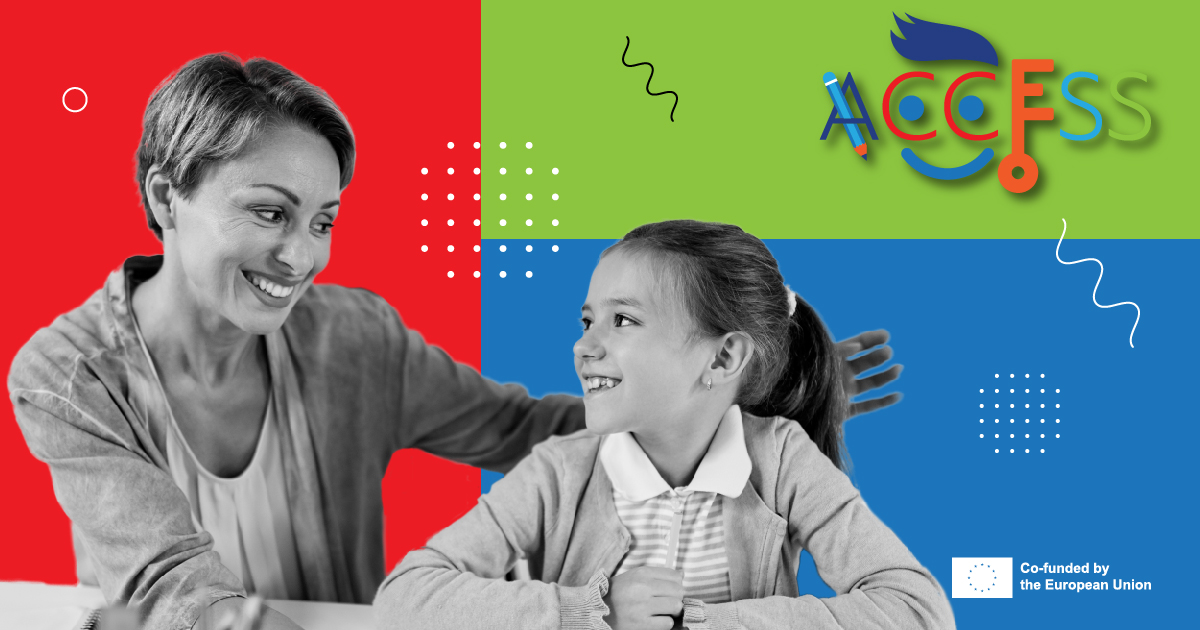For many children, school is a place of discovery, growth, and excitement. But for others, it can be a daily struggle — not because they don’t try, but because their brains process information differently.
Learning difficulties (LDs) such as dyslexia, dyscalculia, and dysgraphia affect millions of children worldwide. These are not signs of low intelligence or lack of effort — they are neurological differences that make reading, writing, and calculating more complex than for their peers.
Despite being common, LDs often go unnoticed or misunderstood in mainstream classrooms. Children may fall behind, lose confidence, or feel isolated simply because the system isn’t tailored to how they learn.
The good news? Early identification makes a world of difference. Research shows that when LDs are recognised in the early primary years, between ages 6 and 10, timely support can dramatically improve a child’s academic journey and emotional well-being.
This is where the ACCESS project steps in. Funded by Erasmus+, ACCESS is committed to raising awareness about learning difficulties, equipping teachers with practical training, and helping families become active allies in their children’s education.
Because no child should be left behind — especially when all they need is the right support to shine.

